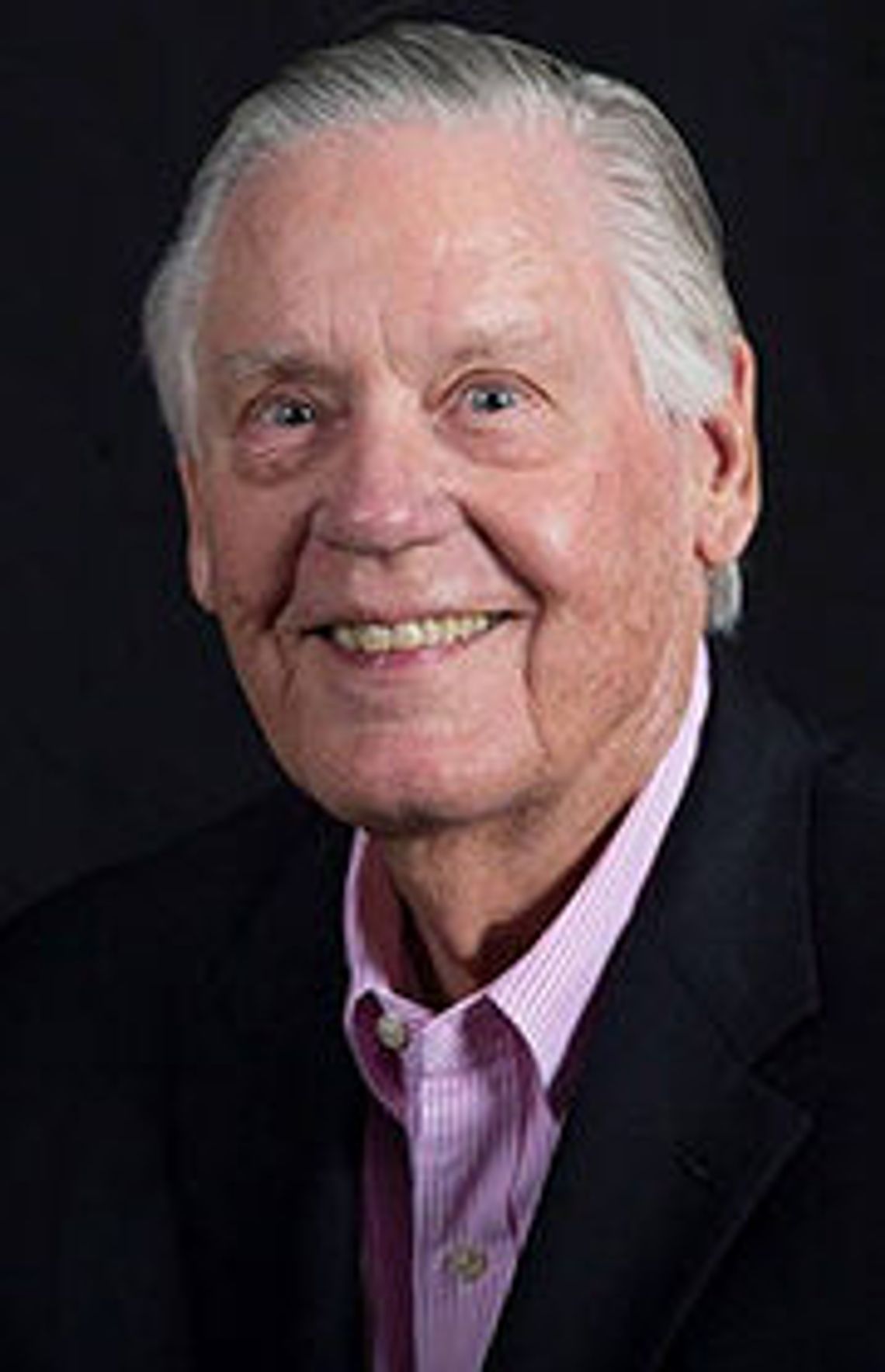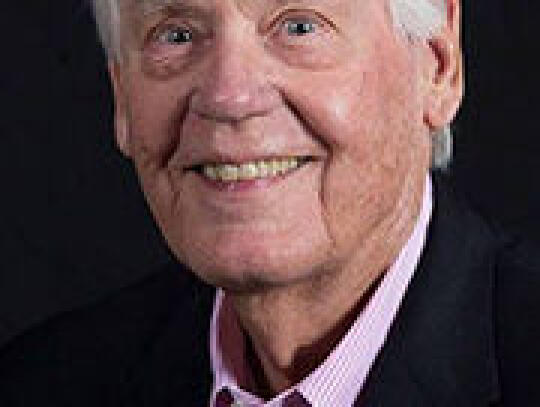Please read this slowly. Read it alone. Read it with someone. Read it not just once. Read it several times. Then read again. These are not my words. These are the words of the famed astronomer Dr. Carl Sagan.
It was 33 years ago this month (February 14, 1990, to be exact) that NASA’s space probe, Voyager 1, which had been launched on Sept. 5, 1977, took one last picture of Earth from 3.7 billion miles away as it headed toward the outer reaches of our solar system. This was done at Sagan’s urging. He acknowledged such a picture would not have much scientific value. Earth would appear too small for that. A point of light less than one pixel in size. (Your television set contains somewhere between 900 thousand to 2 million pixels.) Just a speck in the vast universe. A tiny blue dot.
Here is how Carl Sagan described it: “From this distant vantage point, the Earth might not seem of any particular interest. But for us, it’s different. Look again at that dot. That’s home. That’s us. On it, everyone you love, everyone you know, everyone you ever heard of, every human being who ever was, lived out their lives. The aggregate of our joy and suffering, thousands of confident religions, ideologies and economic doctrines, every hunter and forager, every hero and coward, every creator and destroyer of civilization, every king and peasant, every young couple in love, every mother and father, hopeful child, inventor and explorer, every teacher of morals, every corrupt politician, every ‘superstar,’ every ‘supreme leader,’ every saint and sinner in the history of our species lived there – on a mote of dust, suspended in a sunbeam.”
“The Earth is a very small stage in a vast cosmic arena. Think of the rivers of blood spilled by all those generals and emperors so that, in glory and triumph, they could become the momentary masters of a fraction of a dot. Think of the endless cruelties visited by the inhabitants of one corner of this pixel on the scarcely distinguishable inhabitants of some other corner, how frequent their misunderstandings, how eager they are to kill one another, how fervent their hatreds.
“Our posturings, our imagined self-importance, the delusion that we have some privileged position in the universe, are challenged by this point of pale light. Our planet is a lonely speck in the great enveloping cosmic dark. In our obscurity, in all this vastness, there is no hint that help will come from elsewhere to save us from ourselves.
“The Earth is the only world known so far to harbor life. There is nowhere else, at least in the near future, to which our species could migrate. Visit, yes. Settle, not yet. Like it or not, for the moment, the Earth is where we make our stand.
“It has been said that astronomy is a humbling and character-building experience. There is perhaps no better demonstration of the folly of human conceits than this distant image of our tiny world. To me, it underscores our responsibility to deal more kindly with one another, and to preserve and cherish the pale blue dot, the only home we’ve ever known.”
Carl Sagan penned those immortal words in 1994 in his book, “Pale Blue Dot: A Vision of the Human Future in Space.” Today, Voyager 1 is 14.816 billion miles away from Earth and still going strong after 45-and-a-half years.
As for us? Not much seems to have changed. There is still hatred. There are still inhabitants in one corner of this pixel eager to kill inhabitants of another corner. We still have generals and emperors and supreme leaders spilling blood, hoping to become momentary masters of a fraction of a dot. We still have corrupt politicians.
But we also have no other place to go. This speck is it. Here is everyone you have ever known or will know, everyone you have ever loved or will love. The good and the bad. Heroes and cowards. Saints and sinners. You and me. Passing through in a blink of eternity. So, why are we here?
That is a philosophic question I cannot answer. But I do know that for the relatively short time we are here, we can make our existence on this tiny blue dot a little more habitable by how we choose to live our life and how we treat each other. Love makes the world go around. It sounds so simple. Why do we make it so hard?
•Dick Yarbrough is a four-time winner of the Best Humor Column by the Georgia Press Association. Reach him at [email protected]; at P.O. Box 725373, Atlanta, Georgia 31139 or on Facebook at www.facebook.com/dickyarb.











